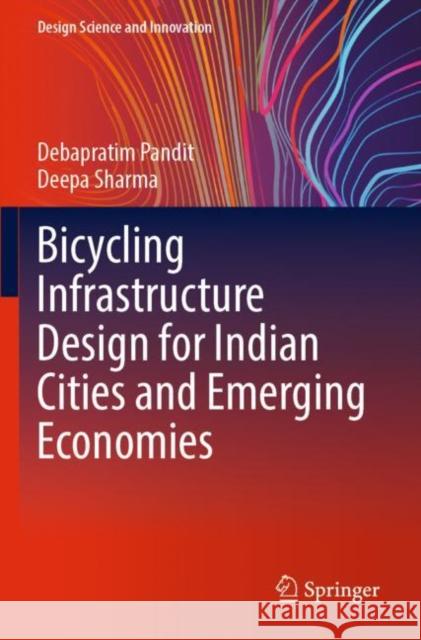Bicycling Infrastructure Design for Indian Cities and Emerging Economies » książka
topmenu
Bicycling Infrastructure Design for Indian Cities and Emerging Economies
ISBN-13: 9789811922053 / Angielski
Bicycling Infrastructure Design for Indian Cities and Emerging Economies
ISBN-13: 9789811922053 / Angielski
cena 605,23
(netto: 576,41 VAT: 5%)
Najniższa cena z 30 dni: 578,30
(netto: 576,41 VAT: 5%)
Najniższa cena z 30 dni: 578,30
Termin realizacji zamówienia:
ok. 16-18 dni roboczych.
ok. 16-18 dni roboczych.
Darmowa dostawa!
Kategorie:
Kategorie BISAC:
Wydawca:
Springer
Seria wydawnicza:
Język:
Angielski
ISBN-13:
9789811922053











